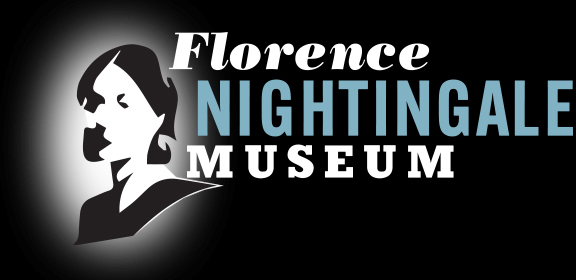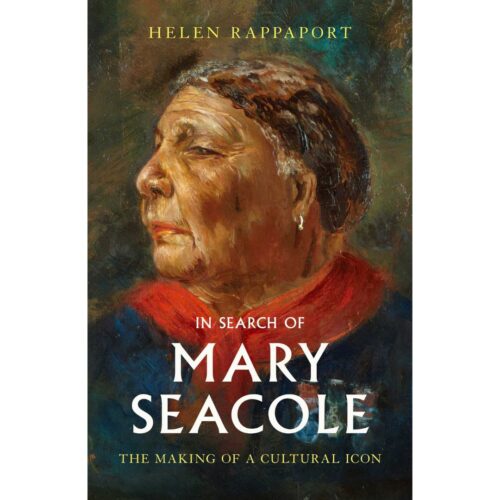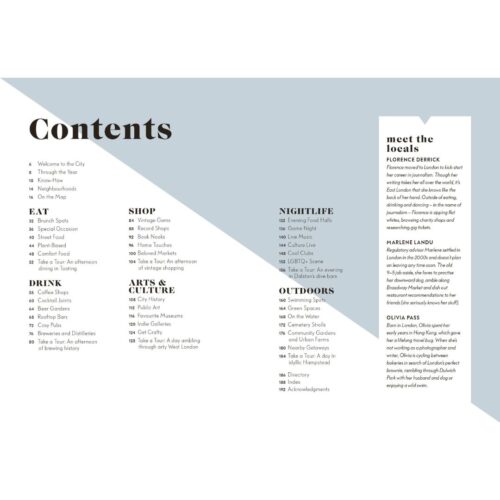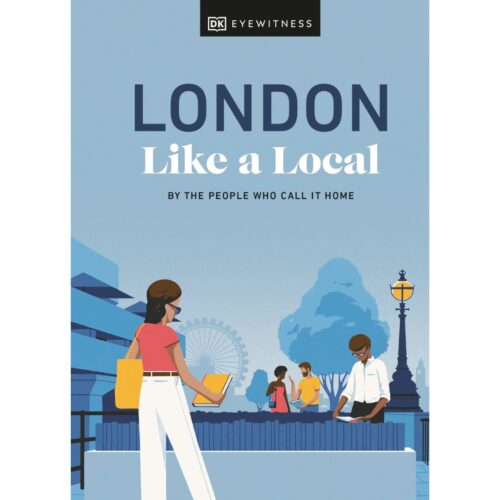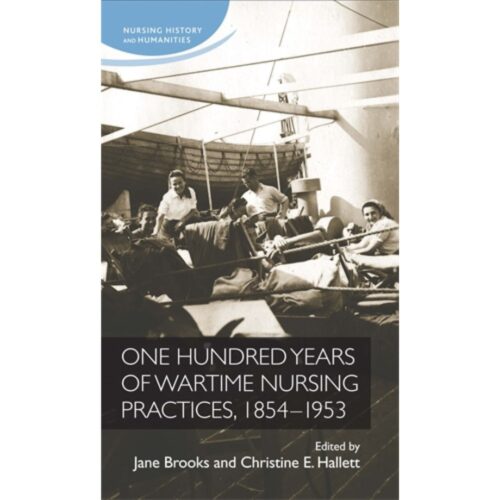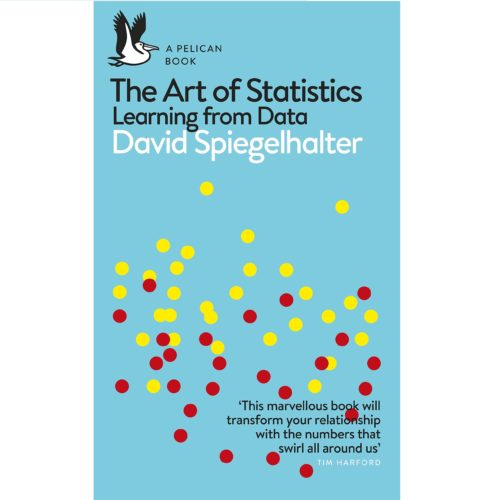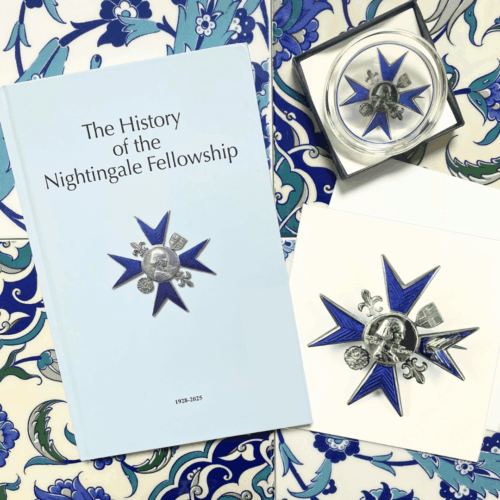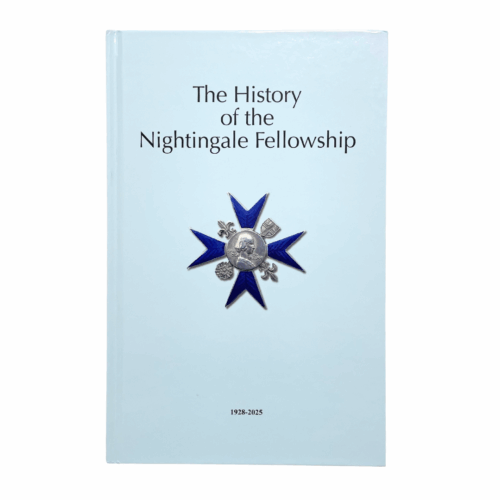-
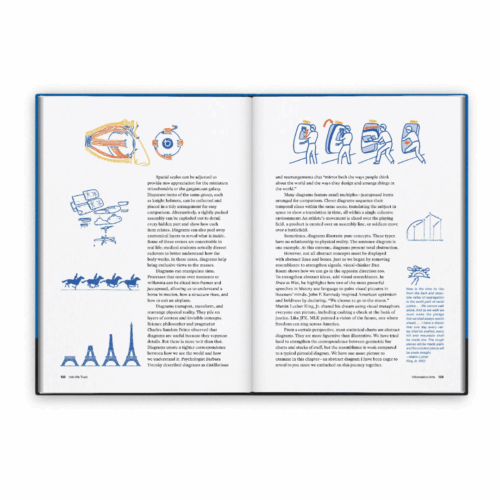
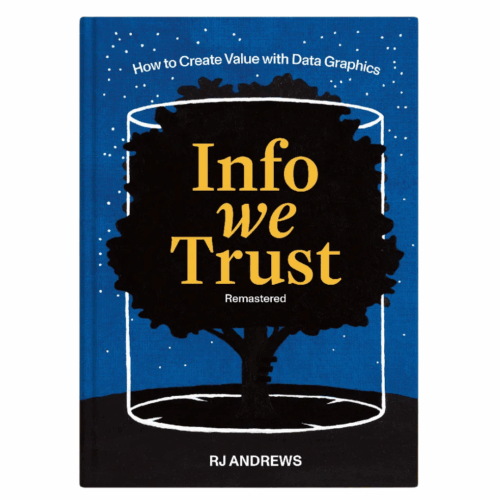 Goodreads calls this book, A love letter to data storytelling, and the book itself states that it takes readers on a journey through this subject, capturing its essence, with each chapter unveiling a rich tapestry of insights, tracing the evolution of charts from mere shadows of civilisation to potent instruments of persuasion.
Goodreads calls this book, A love letter to data storytelling, and the book itself states that it takes readers on a journey through this subject, capturing its essence, with each chapter unveiling a rich tapestry of insights, tracing the evolution of charts from mere shadows of civilisation to potent instruments of persuasion. -
Sale!
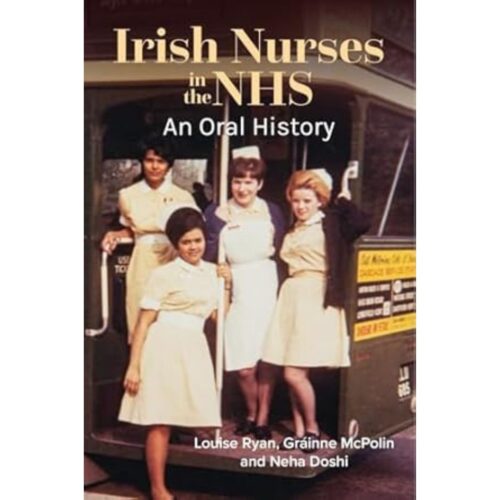 From the very beginning, in 1948, the National Health Service (NHS) actively recruited Irish women and men were to train and work as nurses in British hospitals. By the 1960s approximately 30,000 Irish-born nurses were working across the institution, making up around 12% of all nursing staff. Based on 45 interviews, this book tells the stories of Irish nurses in their own words using rich oral history and photographs.
From the very beginning, in 1948, the National Health Service (NHS) actively recruited Irish women and men were to train and work as nurses in British hospitals. By the 1960s approximately 30,000 Irish-born nurses were working across the institution, making up around 12% of all nursing staff. Based on 45 interviews, this book tells the stories of Irish nurses in their own words using rich oral history and photographs. -
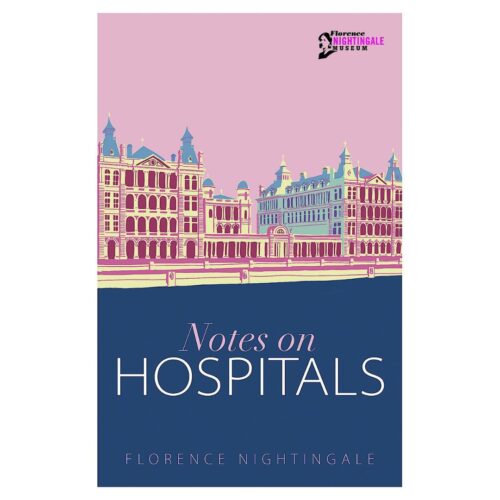 In this classic historical text on hospitals - featuring a foreword by the Florence Nightingale Museum - Nightingale reveals her passion for good hospital architecture and design. At Scutari she saw first-hand the harm which can be caused by inadequate and poorly designed hospital buildings. Nightingale openly criticised designs which she thought might lead to higher infection rates, and therefore patients' deaths. Published in conjunction with the Florence Nightingale Museum, the cover of this edition is exclusive to the museum.
In this classic historical text on hospitals - featuring a foreword by the Florence Nightingale Museum - Nightingale reveals her passion for good hospital architecture and design. At Scutari she saw first-hand the harm which can be caused by inadequate and poorly designed hospital buildings. Nightingale openly criticised designs which she thought might lead to higher infection rates, and therefore patients' deaths. Published in conjunction with the Florence Nightingale Museum, the cover of this edition is exclusive to the museum. -
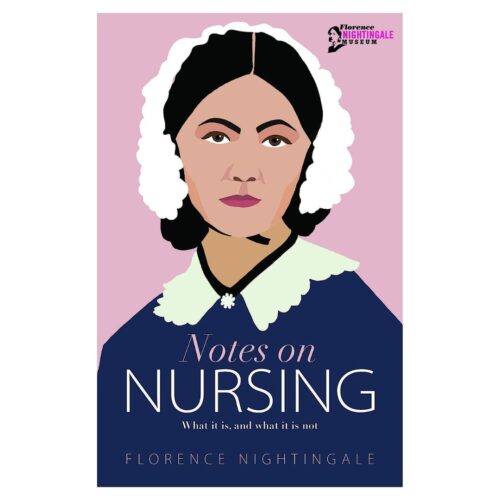 Florence Nightingale’s seminal work, the classical historical nursing text. Florence Nightingale wrote Notes on Nursing to help ordinary women care for their families. Translated into over ten languages, and never out of print since its first appearance, this really is the classic nursing text. Over 160 years later much of the advice given continues to be pertinent in the extreme, especially in the light of the recent global pandemic. Published in conjunction with - and including a foreword by - the Florence Nightingale Museum. The cover of this edition is exclusive to the museum.
Florence Nightingale’s seminal work, the classical historical nursing text. Florence Nightingale wrote Notes on Nursing to help ordinary women care for their families. Translated into over ten languages, and never out of print since its first appearance, this really is the classic nursing text. Over 160 years later much of the advice given continues to be pertinent in the extreme, especially in the light of the recent global pandemic. Published in conjunction with - and including a foreword by - the Florence Nightingale Museum. The cover of this edition is exclusive to the museum. -
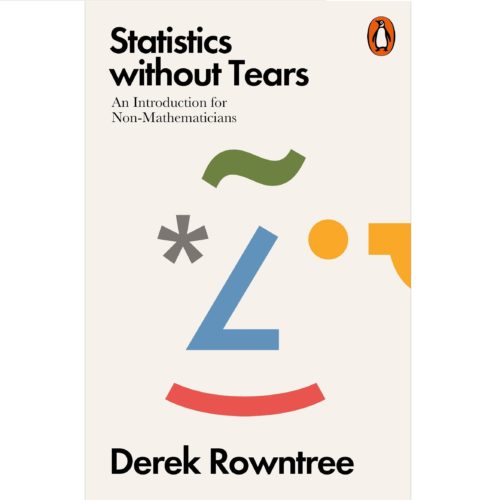 The classic guide, now fully revised and updated. Why do we need Statistics? What do terms like ‘dispersion’, ‘correlation’, ‘normal distribution’ and ‘significance’ actually mean? How can I learn how to think statistically? This bestselling introduction is for anyone who wants to know how statistics work and the powerful ideas behind it.
The classic guide, now fully revised and updated. Why do we need Statistics? What do terms like ‘dispersion’, ‘correlation’, ‘normal distribution’ and ‘significance’ actually mean? How can I learn how to think statistically? This bestselling introduction is for anyone who wants to know how statistics work and the powerful ideas behind it. -
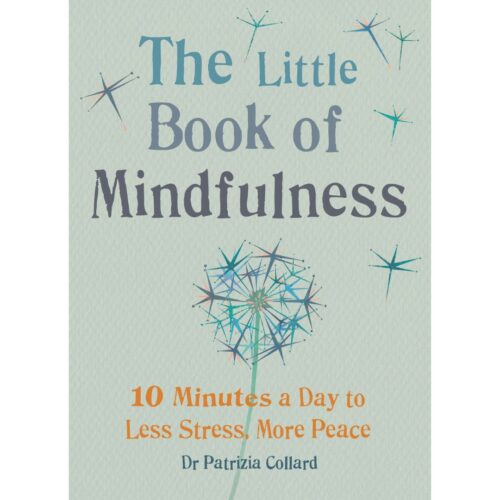 Mindfulness is the easy way to gently let go of stress and be in the moment. It has fast become the slow way to manage the modern world – without chanting mantras or finding hours of special time to meditate, so bring these simple 5- and 10-minute practices into your day to find freedom from stress and ultimately, more peace in your life.
Mindfulness is the easy way to gently let go of stress and be in the moment. It has fast become the slow way to manage the modern world – without chanting mantras or finding hours of special time to meditate, so bring these simple 5- and 10-minute practices into your day to find freedom from stress and ultimately, more peace in your life.
